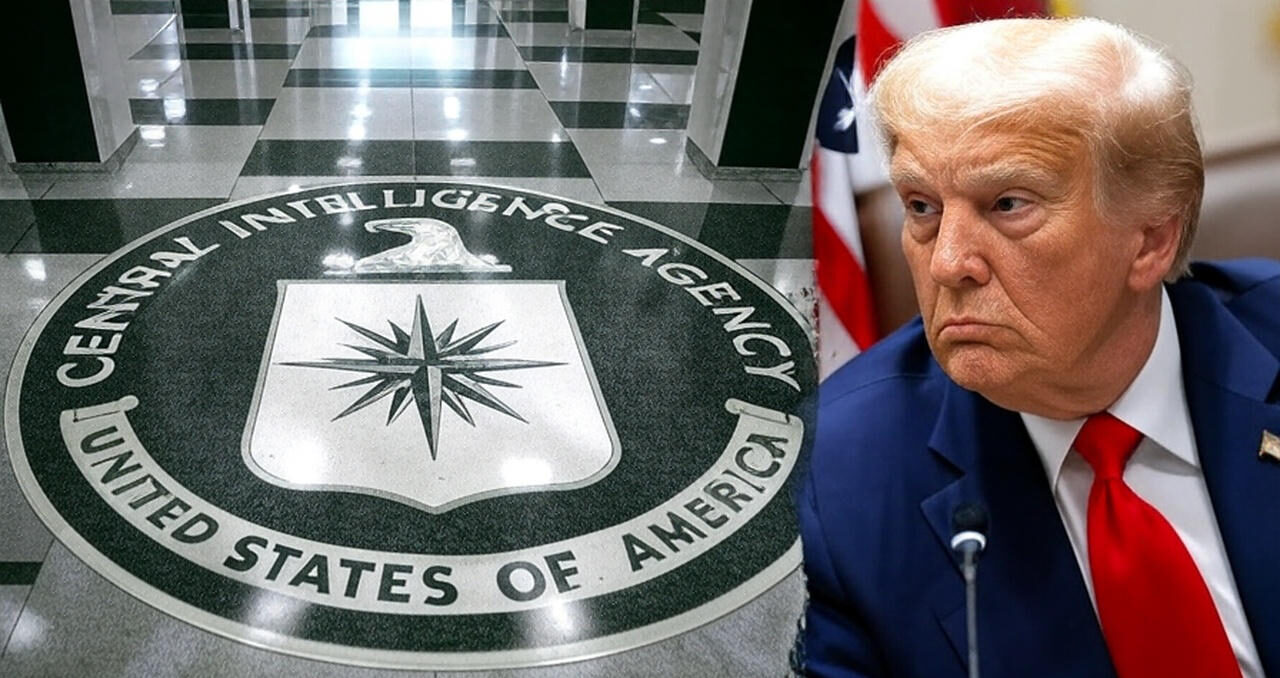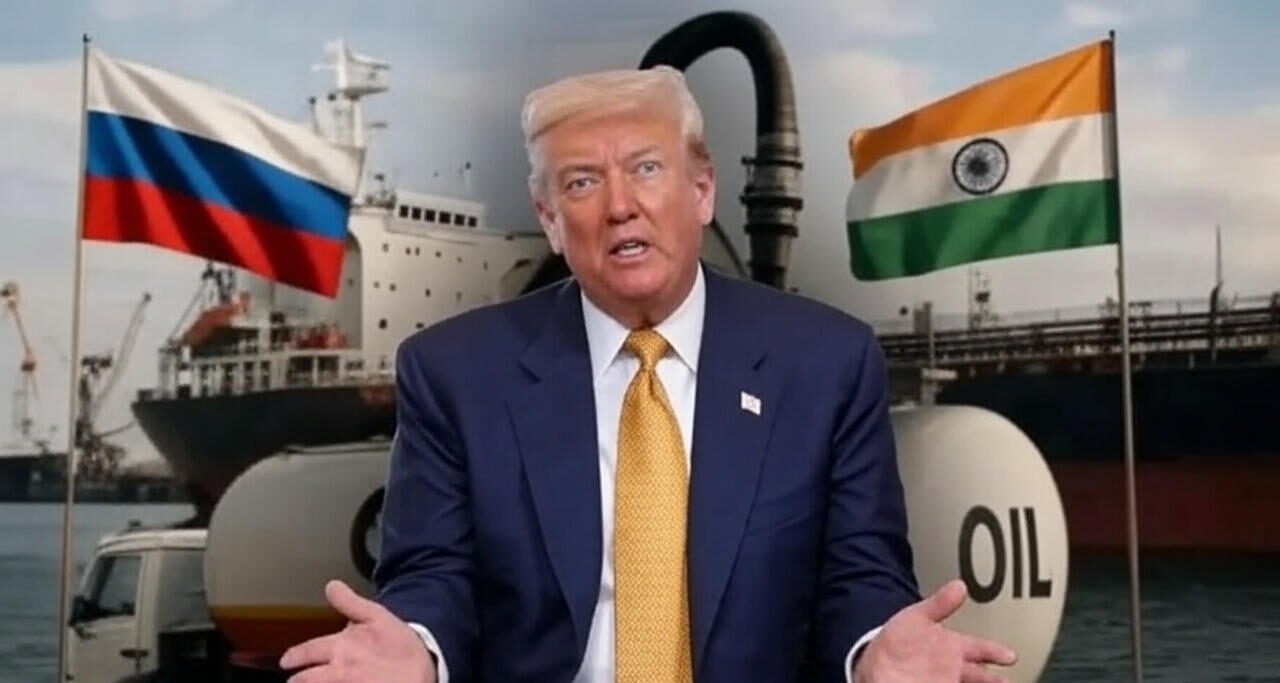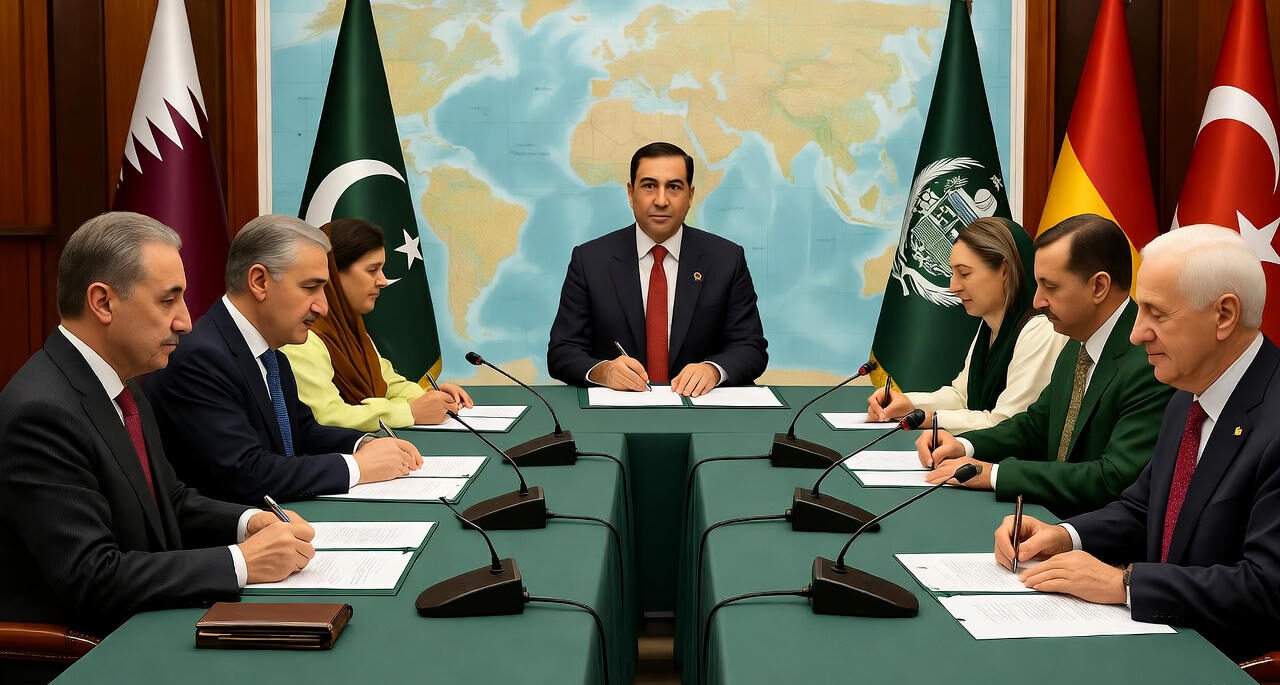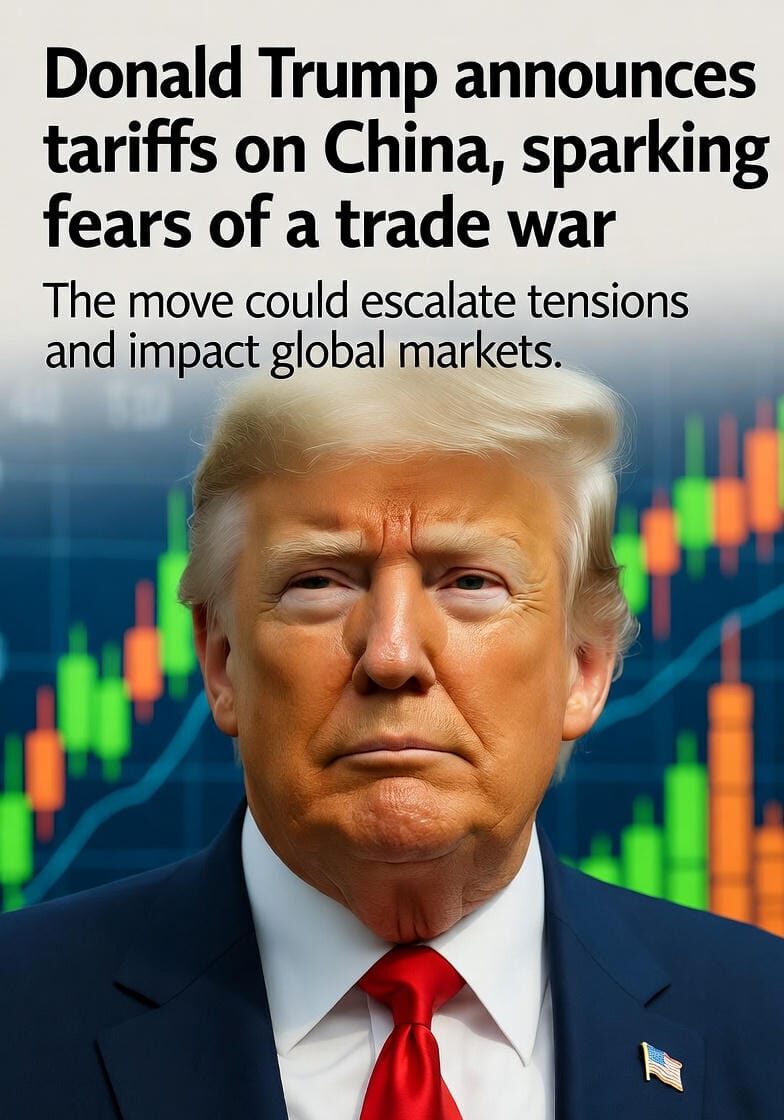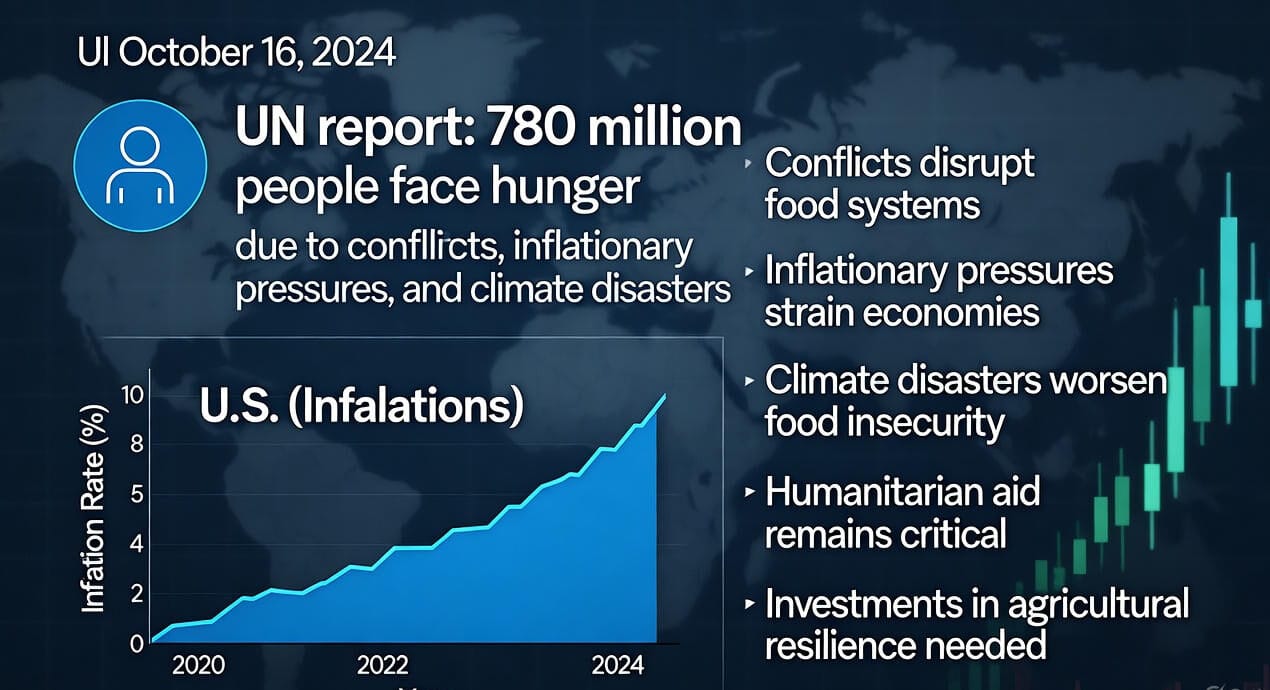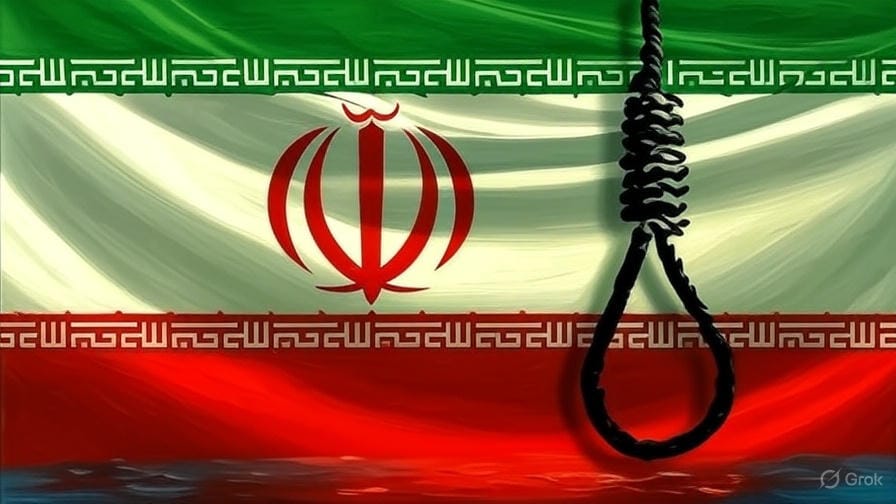
On September 29, 2025, Iranian authorities executed Bahman Choubi-Asl, identified as a key Mossad operative, amid escalating tensions in the Middle East. The execution, reported by state media, follows accusations that Choubi-Asl was tasked with infiltrating government databases and disrupting critical data centers. This development coincides with heightened U.S. sanctions on Iran and an impending meeting between Israeli Prime Minister Benjamin Netanyahu and former U.S. President Donald Trump to discuss Israel’s military operations in Gaza. The execution has intensified global scrutiny, particularly as the International Association of Genocide Scholars labeled Israel’s actions in Gaza as genocide, further complicating the volatile regional landscape. This article explores the incident, its implications, and the broader geopolitical context driving these tensions.
Background of the Execution
Allegations Against Bahman Choubi-Asl
Iranian authorities claimed that Bahman Choubi-Asl was a high-ranking operative of Israel’s Mossad intelligence agency. According to Iran’s judiciary, Choubi-Asl was involved in a sophisticated espionage operation aimed at compromising national security. Specifically, he was accused of:
- Infiltrating Government Systems: Attempting to breach sensitive databases containing critical state information.
- Disrupting Infrastructure: Targeting data centers to destabilize Iran’s technological and communication networks.
- Collaborating with Foreign Entities: Acting under Mossad’s directives to undermine Iran’s sovereignty.
The execution was carried out swiftly after a closed trial, a move Iran justified as a necessary response to protect national interests. However, details about the evidence against Choubi-Asl remain limited, raising questions about transparency and due process.
Iran’s Stance on Espionage
Iran has a history of cracking down on alleged spies, particularly those accused of working for Israel or the United States. The execution of Choubi-Asl aligns with Tehran’s broader strategy to deter foreign intelligence operations. In recent years, Iran has publicized several high-profile arrests and executions, signaling a zero-tolerance policy toward espionage amid ongoing conflicts with Western powers and Israel.
Regional and Global Implications
Heightened U.S.-Iran Tensions
The execution comes on the heels of intensified U.S. sanctions targeting Iran’s economy, particularly its oil and financial sectors. These measures, reinstated under the Trump administration, aim to pressure Tehran over its nuclear program and regional influence. The sanctions have exacerbated Iran’s economic challenges, fueling domestic unrest and hardening the regime’s stance against perceived external threats. The execution of an alleged Israeli spy serves as a public demonstration of Iran’s defiance, potentially escalating diplomatic friction with the U.S.
Israel’s Gaza Operations and Global Criticism
The timing of the execution is significant, as Israeli Prime Minister Benjamin Netanyahu prepares to meet Donald Trump to discuss Israel’s ongoing military operations in Gaza. The conflict, which has resulted in significant civilian casualties, has drawn widespread condemnation. The International Association of Genocide Scholars’ declaration of Israel’s actions as genocide has amplified calls for accountability, placing additional pressure on Israel’s international standing. Iran’s execution of Choubi-Asl may be interpreted as a symbolic retaliation, reinforcing its support for Palestinian causes and its opposition to Israel.
Iran-Israel Proxy Conflicts
The execution underscores the broader Iran-Israel rivalry, which often plays out through proxy conflicts across the Middle East. Iran supports groups like Hezbollah in Lebanon and Hamas in Gaza, while Israel conducts covert operations to counter Iran’s influence, including alleged cyberattacks and assassinations. The death of Choubi-Asl could prompt retaliatory actions, potentially destabilizing the region further.
Broader Geopolitical Context
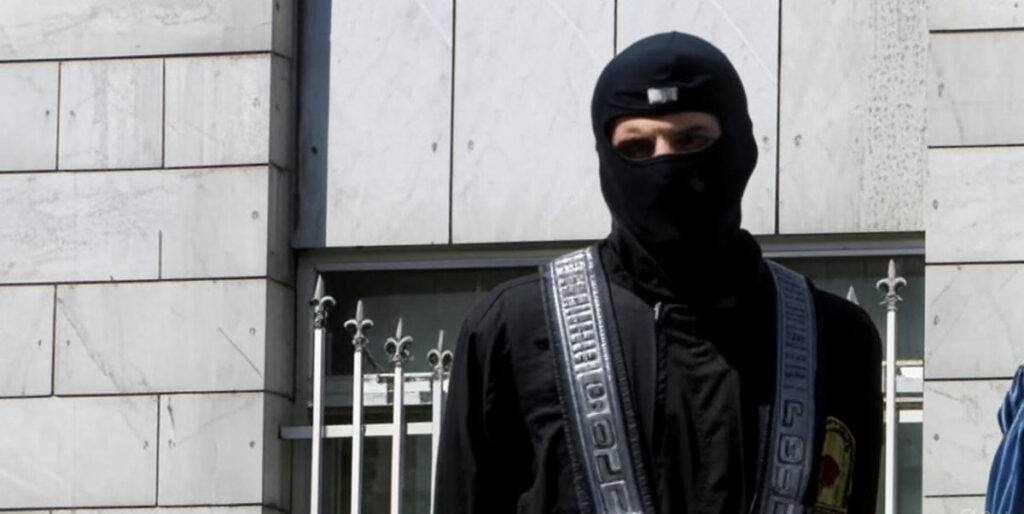
U.S. Foreign Policy Shifts
The planned meeting between Netanyahu and Trump signals a potential realignment of U.S. foreign policy in the Middle East. Trump’s administration has historically favored strong support for Israel, including moving the U.S. embassy to Jerusalem and brokering the Abraham Accords. The discussions on Gaza could influence U.S. military and diplomatic strategies, particularly in relation to Iran. Any perceived U.S. endorsement of Israel’s actions could provoke further Iranian responses, including asymmetric warfare or cyberattacks.
International Reactions
The execution has drawn mixed reactions globally:
- Western Nations: The U.S. and European allies have expressed concern over Iran’s lack of transparency in the trial process, though they have stopped short of condemning the execution outright.
- Regional Powers: Countries like Syria and Qatar have remained silent, reflecting the delicate balance of alliances in the Middle East.
- Human Rights Groups: Organizations such as Amnesty International have criticized the execution, citing Iran’s history of using espionage charges to suppress dissent.
Potential Consequences
Risk of Escalation
The execution of Choubi-Asl risks escalating tensions between Iran and Israel, potentially leading to retaliatory cyberattacks or military actions. Israel has previously conducted operations against Iranian targets, including nuclear facilities, and may respond to this incident with covert measures. Such actions could draw in other regional actors, further destabilizing the Middle East.
Impact on Nuclear Talks
The incident may complicate efforts to revive nuclear negotiations with Iran. The U.S. and European powers have sought to re-engage Tehran in talks to limit its nuclear program, but Iran’s hardline stance, exemplified by the execution, could harden its negotiating position. This, in turn, may prolong economic sanctions and regional instability.
Domestic Implications in Iran
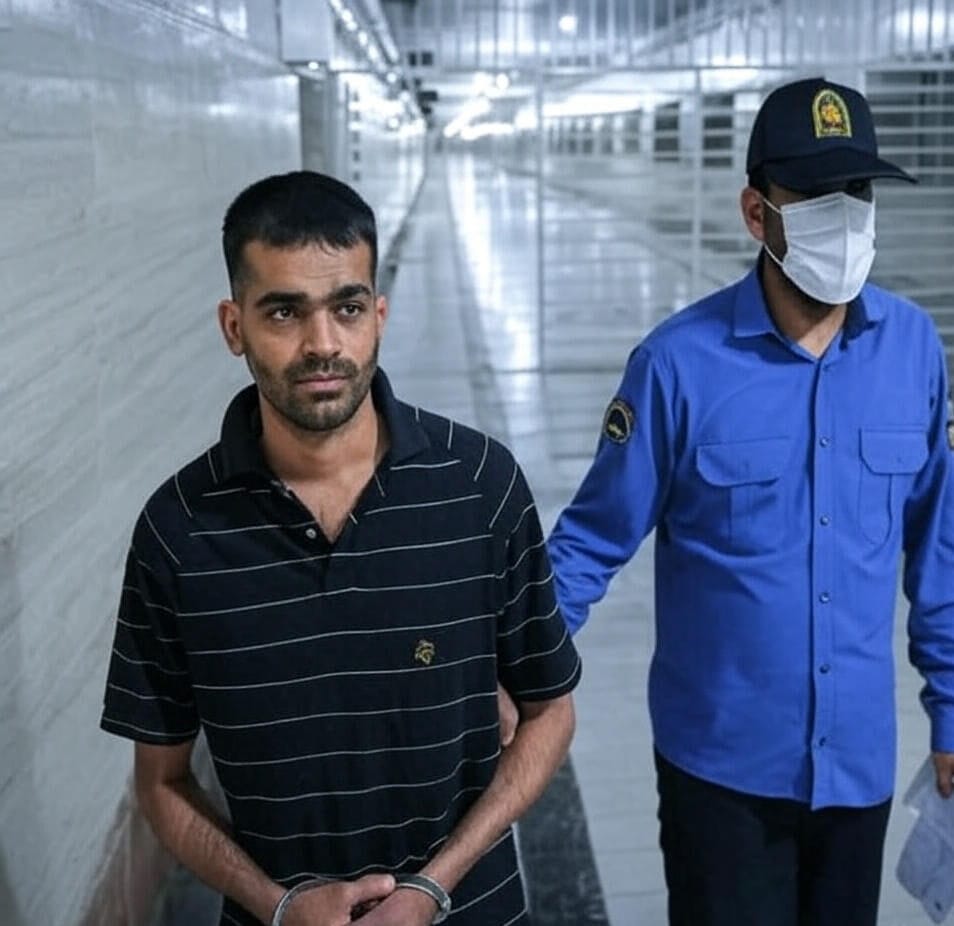
Domestically, the execution may bolster the Iranian regime’s image among hardline supporters, portraying it as a defender of national sovereignty. However, it could also deepen public discontent, as economic hardships and international isolation continue to fuel protests within Iran.
Conclusion
The execution of Bahman Choubi-Asl marks a significant escalation in Iran’s ongoing conflict with Israel and its Western allies. As the Middle East grapples with overlapping crises—from Gaza’s humanitarian disaster to U.S.-Iran tensions—the incident underscores the fragility of the region’s geopolitical balance. With Netanyahu’s upcoming meeting with Trump and the global spotlight on Israel’s actions, the international community faces a critical juncture in addressing these interconnected challenges. Moving forward, diplomatic efforts will be essential to prevent further escalation and foster stability in the region.
